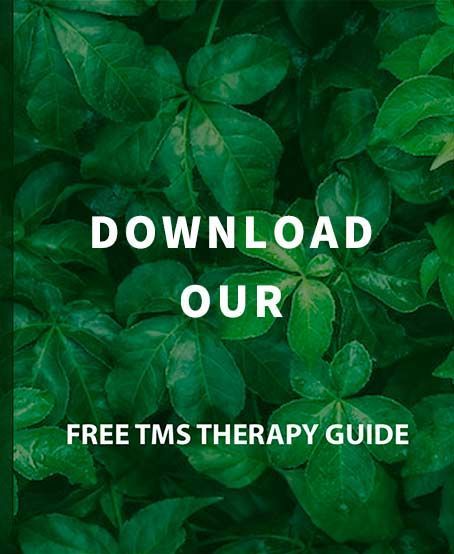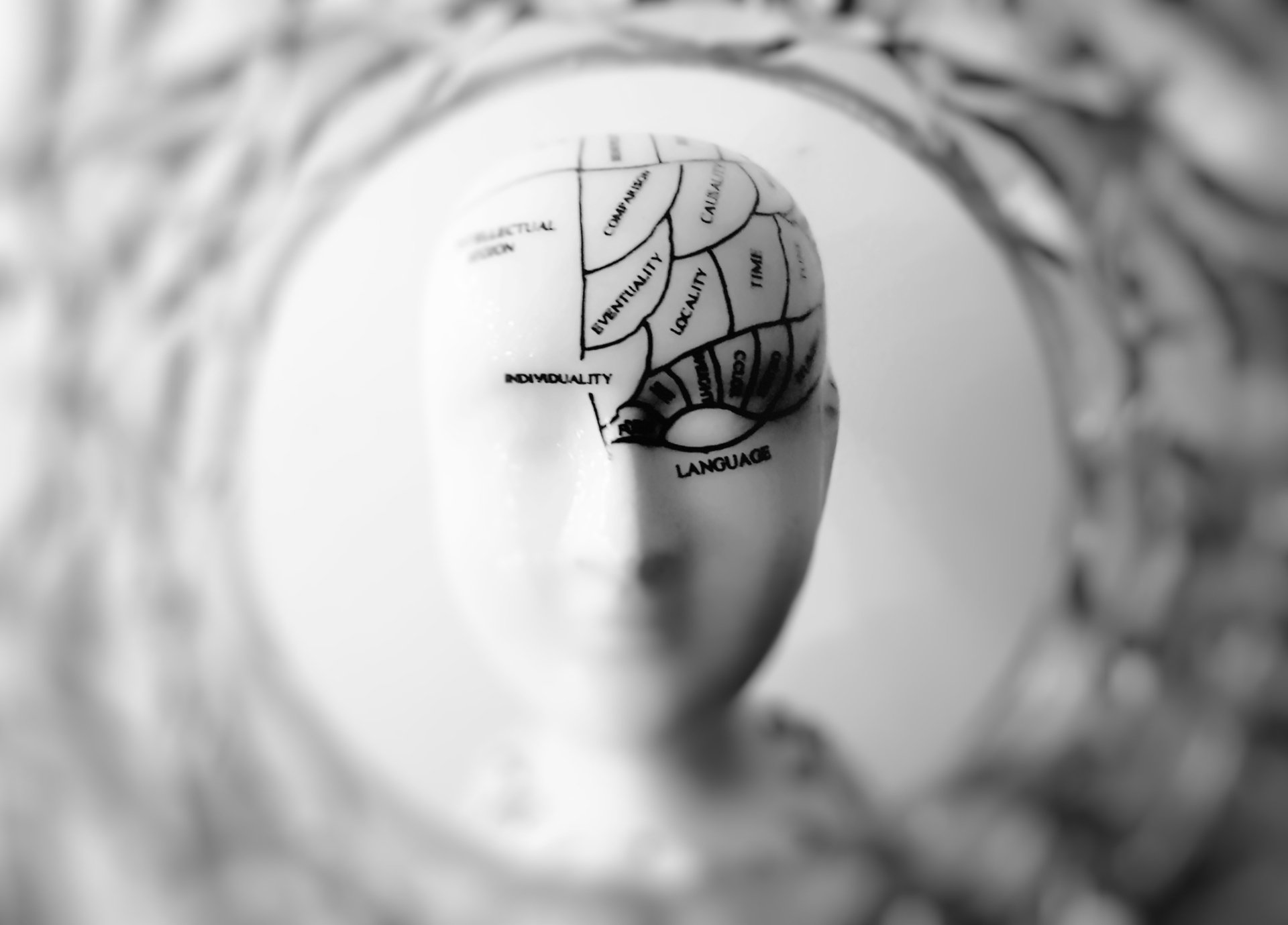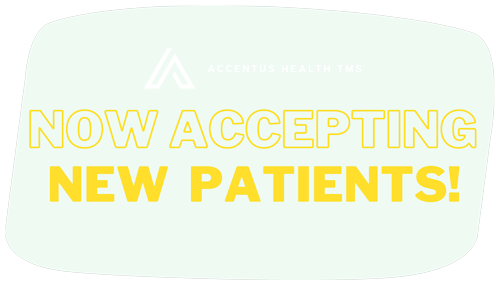Understanding Perinatal Mood Disorders: Navigating the Emotional Waves of Motherhood
Motherhood is often depicted as a joyful and fulfilling experience, but for many women, it comes with its own set of emotional health challenges. Giving birth brings about significant emotional and physical changes in the weeks following childbirth, which can include temporary mood swings known as 'baby blues' and more severe cases of postpartum depression. Perinatal and postpartum mood and anxiety disorders (PPMADs) are prevalent yet often misunderstood conditions that can affect new mothers’ well-being.
In this blog post, we’ll explore what PPMADs are, their symptoms, and how they can be managed.
Understanding Perinatal Mood and Anxiety Disorders
Perinatal mood and anxiety disorders affect up to
1 in 5 women during the perinatal period, a critical time when individuals may experience mental health issues. These emotional and psychological conditions are not signs of weakness or failure. They are medical issues that require attention and care.
Symptoms of Perinatal Mood and Anxiety Disorders
Women experiencing perinatal mood disorder may show a variety of symptoms, including persistent sadness, excessive worry, irritability, and difficulty bonding with the baby. Perinatal anxiety, affecting approximately 20% of individuals during the perinatal period, often exists alongside perinatal depression and includes symptoms such as excessive worry and physical symptoms like changes in appetite and sleep patterns. Physical symptoms such as changes in appetite and sleep patterns are also common.
Types of Perinatal Mood and Anxiety Disorders
There are several types of PPMADs, including postpartum depression, postpartum anxiety, postpartum OCD, and postpartum psychosis. Bipolar disorder is also relevant during the postpartum period, with many women being diagnosed with Bipolar I or II during this time. Each has its own set of symptoms and requires different treatment approaches.
The Prevalence of PPMADs
PPMADs are more common than many people realize. Perinatal depression, a prevalent mood disorder affecting both mothers and fathers during the perinatal period, significantly impacts the well-being of individuals and their family dynamics. Research indicates that as many as 1 in 7 women may experience PPMADs. Despite their prevalence, these disorders are often underreported and undertreated due to stigma and lack of awareness.
Risk Factors for Developing PPMADs
Several factors can increase the risk of developing perinatal mood and anxiety disorders. A significant risk factor is a personal or family history of depression or bipolar disorder. Other factors include a history of mental health issues, lack of social support, hormonal changes, and stressful life events.
Genetic and Biological Factors
Hormonal fluctuations during and after pregnancy can contribute to the development of PPMADs. A family history of mental illness, including various psychiatric disorders, can also increase the risk.
Environmental and Social Factors
Lack of social support, financial stress, and relationship issues are significant contributors to PPMADs. Understanding these factors can help in creating a supportive environment for new mothers.
Psychological Factors
Previous mental health issues, such as depression or anxiety, can make women more susceptible to PPMADs. It's important to address these issues proactively during pregnancy.
The Impact of PPMADs on Mothers and Families
The effects of perinatal mood and anxiety disorders extend beyond the individual. Perinatal mental health significantly impacts family dynamics, affecting both mothers and fathers. They can impact family dynamics, relationships, and the child’s development.
Effects on the Mother, Baby, & Family
Women with PPMADs may struggle with daily functioning, feel disconnected from their babies, and experience overwhelming guilt and shame. These feelings can hinder their ability to seek help and support.
Babies of mothers with untreated PPMADs may face developmental delays and attachment issues. Early intervention is crucial to mitigate these effects. PPMADs can strain relationships with partners and other family members. Open communication and support are essential in navigating these challenges together.
Recognizing the Signs Early On
Early recognition of PPMADs is key to effective treatment. Prenatal depression, which occurs during pregnancy, is characterized by extreme sadness, anxiety, and fatigue that can impact daily functioning. Family members and healthcare providers should be aware of the signs and encourage open discussions about mental health.
Screening and Assessment
Regular screening during prenatal and postpartum visits can help identify PPMADs early. Healthcare providers should use standardized tools to assess the mother's mental health.
Self-Awareness and Education
Mothers and their families should educate themselves about the signs and symptoms of PPMADs. Self-awareness can prompt early intervention and support.
Encouraging Open Conversations
It is crucial to create a safe space for mothers to express their feelings without judgment. Encouraging open conversations about mental health can reduce stigma and promote seeking help.
Treatment Options for PPMADs
There are various treatment options available for perinatal mood and anxiety disorders. A combination of therapies often yields the best results.
- Psychotherapy: Talk therapy, such as cognitive-behavioral therapy (CBT) and interpersonal therapy (IPT), can be highly effective in treating PPMADs. These therapies help mothers understand and manage their emotions.
- Medication Management: Antidepressants and anti-anxiety medications can be prescribed to manage symptoms. It's essential to discuss the benefits and risks with a healthcare provider, especially if breastfeeding.
- Support Groups: Joining support groups can provide mothers with a sense of community and shared understanding. Hearing others' experiences can be comforting and validating.
The Role of Partners and Family
Support from partners and family members is vital in managing PPMADs. Understanding and empathy can make a significant difference in a mother's recovery.
Providing Emotional Support
Listening without judgment, offering reassurance, and being present can help mothers feel supported and understood. Emotional support is a crucial component of recovery.
Assisting with Daily Tasks
Helping with household chores, baby care, and other responsibilities can alleviate stress for the mother. Practical assistance shows that she is not alone in this journey.
Encouraging Professional Help
Partners and family members should encourage seeking professional help if needed. Consulting with a mental health professional is crucial for diagnosing and treating perinatal and postpartum mood and anxiety disorders (PPMADs). Supporting the mother in attending therapy sessions and following treatment plans is essential.
The Importance of Self-Care for Mothers
Self-care is often overlooked but is crucial for mothers dealing with PPMADs. Taking time for oneself can improve mental health and overall well-being.
Finding Time for Self-Care
Even short breaks can make a difference. Encouraging mothers to take time for activities they enjoy can boost their mood and energy levels.
Practicing Mindfulness and Relaxation
Mindfulness techniques, such as meditation and deep breathing, can help manage anxiety and stress. These practices promote relaxation and emotional balance.
Seeking Help When Needed
It's okay to ask for help. Whether it's from a partner, friend, or professional, seeking support is a sign of strength, not weakness.
Building a Support Network
A strong support network can provide emotional, practical, and informational support. Building connections with other mothers and community resources is beneficial.
Joining Motherhood Communities
Online and in-person communities offer a platform for sharing experiences and advice. These communities can be a source of comfort and camaraderie.
Utilizing Community Resources
Local resources, such as parenting classes and mental health services, can provide additional support. The postpartum period is a critical time when individuals may experience varying emotional and physical challenges after childbirth, making it essential to recognize and address mental health issues during this time. Knowing what’s available can make accessing help easier.
Creating a Personalized Support Plan
Every mother's needs are different. Creating a personalized support plan that includes trusted individuals and resources can ensure comprehensive support.

Conclusion & Wrap Up
Perinatal mood and anxiety disorders and postpartum depression are significant challenges that many mothers face. Understanding these disorders, recognizing the signs early, and seeking appropriate treatment can make a substantial difference. Together, we can create a healthier future for mothers and their families.
Ready to take the next step in your mental health journey?
At Accentus Health, we are committed to providing compassionate and comprehensive mental health care tailored to your unique needs.
Whether you are seeking the expertise of a psychiatrist for medication management or the support of a therapist for talk therapy, our team of dedicated professionals is here to help you every step of the way. Contact us to take the first step towards a healthier, happier you with Accentus Health.
Cited Source:
Carlson K, Mughal S, Azhar Y, et al. Postpartum Depression. [Updated 2024 Aug 12]. In: StatPearls [Internet]. Treasure Island (FL): StatPearls Publishing; 2024 Jan-. Available from: https://www.ncbi.nlm.nih.gov/books/NBK519070/
Local to Indianapolis? Call us to discuss your options.
(317) 721-4169
QUICK LINKS
FREE CONSULTATION
Experiencing depression or a neurological disorder? Remember, you are not alone. Get help today!

TMS THERAPY CAN HELP WITH:
- Depression
- Lack of Joy
- Sadness and Despair
- Low Mood
- Lethargy
- Insomnia
- Oversleeping
- Social Isolation
- Self-Harm
- Substance Abuse
- Suicidal Ideation
- Alcoholism














